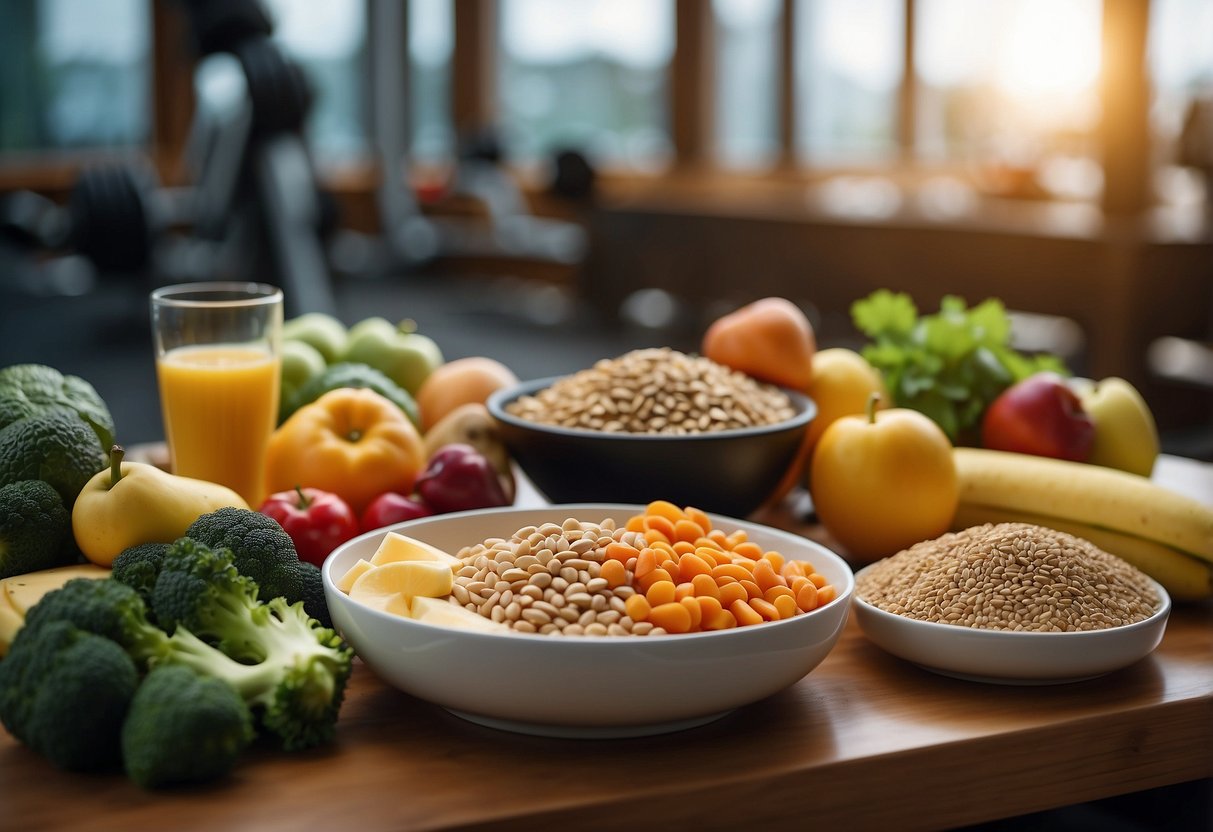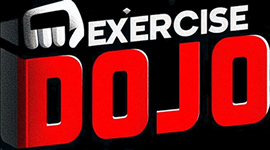
Meal Timing and Frequency
Eating at the right times of day and maintaining meal consistency play a crucial role in muscle building. Pre- and post-workout nutrition, along with regular meals and a solid breakfast, significantly impact muscle recovery and growth.
Pre- and Post-Workout Nutrition
The timing of meals around workouts is essential to optimize performance and facilitate muscle recovery. Consuming carbohydrates and protein approximately 30-60 minutes before a workout provides the necessary energy and amino acids required for muscle repair. A typical pre-workout meal might include a banana with a protein shake or oatmeal with fruit and nuts.
Post-workout nutrition is equally important. Consuming a combination of protein and carbohydrates within an hour after exercising helps replenish glycogen stores and aids in muscle repair. Examples of effective post-workout meals include grilled chicken with sweet potatoes or a smoothie made with Greek yogurt, berries, and spinach.
Importance of Breakfast and Regular Meals
Starting the day with a nutrient-dense breakfast kickstarts metabolism and sets the tone for muscle growth. A breakfast rich in protein, such as eggs with whole grain toast or a smoothie with protein powder, can provide sustained energy levels and prevent muscle breakdown. Incorporating complex carbohydrates in the morning, like oatmeal, also supports energy needs throughout the day.
Eating regular meals every 3-4 hours helps maintain muscle protein synthesis. This consistent intake of nutrients supplies the body with the amino acids required for continuous muscle repair and growth. Balanced meals containing lean proteins, healthy fats, and carbs, such as turkey sandwiches on whole grain bread or quinoa bowls with vegetables, ensure a steady flow of nutrients.
Supplements for Muscle Gain
Proper supplementation can significantly enhance muscle mass, strength, and recovery. The most effective supplements include protein powders and bars, as well as performance enhancers like creatine.
Protein Powders and Bars
Protein supplements play a crucial role in muscle building. Whey protein is among the most popular due to its high biological value and rapid absorption, which supports muscle repair and growth after workouts. It provides essential amino acids that the body cannot produce naturally.
Protein bars offer a convenient and portable option, especially for those with busy lifestyles. They provide a balanced mix of proteins and carbohydrates, ideal for post-workout recovery. Ingredients vary, so it’s important to choose bars with high-quality protein sources and minimal added sugars or artificial ingredients.
Combining these supplements with a balanced diet helps achieve daily protein targets more easily, supporting muscle repair and growth. Individuals aiming to increase muscle mass should consider integrating protein powder or bars into their dietary regime. Consistent use can improve overall performance and recovery.
Creatine and Other Performance Enhancers
Creatine is widely regarded as one of the most effective supplements for enhancing muscle mass and performance. It works by replenishing ATP levels in muscles, which boosts strength and prolonged exercise capacity. Numerous studies have shown that creatine supplementation leads to significant gains in muscle size and strength.
Creatine monohydrate is the most studied and commonly recommended form. It’s typically taken as a daily supplement, often with a loading phase followed by a maintenance phase. Athletes and bodybuilders regularly use creatine to improve workout intensity and recovery.
Other performance enhancers include beta-alanine and branched-chain amino acids (BCAAs). Beta-alanine increases muscle carnosine levels, which helps reduce fatigue during high-intensity exercise. BCAAs support muscle protein synthesis and recovery. Together, these supplements can aid in sustaining energy levels and maximizing muscle growth.
Understanding the role of these supplements can help individuals tailor their regimen to meet specific muscle-building goals more effectively. These enhancers support overall strength and endurance, making them valuable additions to a comprehensive fitness program.
Designing a Muscle-Building Diet Plan
Effectively building muscle requires a strategic diet plan that balances calorie intake with nutrient-rich foods. Central to this are maintaining a caloric surplus and incorporating meals that support lean muscle growth and improved body composition.
Caloric Surplus and Clean Eating
A caloric surplus is crucial for muscle gain, as it provides the energy needed for workouts and recovery. Consuming more calories than the body burns ensures that the body has the necessary fuel to build new muscle tissue. Quality and source of these calories also matter significantly.
Whole foods are essential for a clean diet. These include lean proteins, complex carbohydrates, and healthy fats. Lean proteins, such as chicken breast, fish, and tofu, help repair and build muscle fibers. Complex carbohydrates, like brown rice, sweet potatoes, and oatmeal, provide sustained energy. Healthy fats from avocados, nuts, and olive oil support hormone production and overall health.
Sample Meal Plans
Creating a muscle-building meal plan involves structuring meals around protein, carbs, and fats in the right proportions. Here is a sample meal plan for an average day:
- Breakfast: Scrambled eggs with spinach and whole grain toast
- Snack: Greek yogurt with berries
- Lunch: Grilled chicken breast with quinoa and steamed broccoli
- Snack: A handful of almonds and an apple
- Dinner: Baked salmon with sweet potatoes and asparagus
- Post-Workout: Protein shake with a banana
Each meal should be timed appropriately to support training and recovery. Breakfast fuels the body for the day ahead, while a post-workout shake aids in muscle repair. Every meal and snack should contribute to maintaining the caloric surplus necessary for muscle building.



